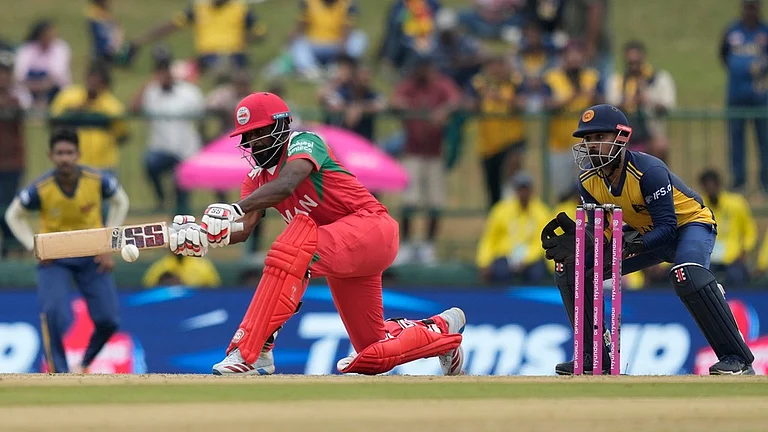Life is not perfect in Sri Lanka, but it is definitely better than it was when the "Go Gota Go" protests began in April. The financial crisis continues but the government is better positioned to handle it. Or perhaps people have reconciled themselves to chronic shortages and understand that the economy cannot stabilise overnight. They are willing to give President Ranil Wickremesinghe and his team some time to fix the supply chains.
While petrol and diesel are not unlimited, they are available without waiting for hours or days and the quantity issued is manageable. This is in Colombo where I live, and the situation in the interior must be more difficult. However, there is general agreement that the QR system introduced for distribution of fuel is a success.
If you walk around Colombo you may not see much amiss unless you look closer. Power cuts have been scaled back substantially. Once again there is traffic on the road (not as usual but it is no longer a few vehicles driving whilst others wait in line!!) and cooking gas is freely available.
On the other hand, the cost of living is excessively high. The government has started slashing taxes on essential items such as dal, potatoes, onions, soya meat, eggs and several other products. The ministry of education has also started a mid-day meal programme for high-risk primary schools. So things are happening - maybe not as fast as we would like but as reality permits.
Bottom line is, having had our say, now we are keen to return to normalcy and being Sri Lankans (after all we have gone through 30 years of war, several years of civil - JVP unrest, tsunami, Covid-19) we are good at inventing new normal. Weddings, functions, cricket matches, and religious ceremonies are back and giving a semblance of normalcy that we desperately need. Schools are once again operating five days a week (which makes most parents - especially mothers very happy).
I have been in touch with some catering companies who have confirmed that after several months, they are again getting bookings to provide food at functions...which also means that the earning opportunities for the informal sector are on the rise. Some are optimistic that Ranil will be able to bring some control to the volatility, after all he is an experienced hand.
One concern is that the Rajapaksas will raise their heads again. People are wary of that and would oppose any such move by the family.
We are engaged in a waiting game. We are all waiting to see where things will head. If there is no visible improvement then mumblings are likely to rise again and then will continue to gain in volume. I think now people are more likely to keep politicians where they belong to and not put them on pedestals. Of course, this is the current mood. As you know, it takes very little to get the trends to change here. Build up racism and religious intolerance and most Sinhalese will fall for it lock stock and barrel.
This October, the personal income tax system introduced by Gotabaya will come to an end. Once again, the high-income earners will start paying higher rates of taxes. The tax threshold was also reduced and taxation will be at the source. There is talk that capital gains will also be taxed. In other words, this will reduce the need to print money to pay the salaries of the government sector. This will help reduce the depreciation of the rupee and hopefully inflation. Thanks to the pegging system introduced by quite a few IT companies, the number of people earning over LKR 1 million per month has increased dramatically. So the government will earn more tax revenues.
Banks have indicated that they can now honour their LOCs and have also started sending money to students studying overseas. People are looking carefully at who the next lot of ministers will be. Ranil's supposed refusal to appoint some of the people suggested by Basil has gone down well. I noticed today that some of the SLPP don't want to support the 22nd amendment. Let's see where that heads. The new tax measures are an important step in the right direction and the education ministry has begun a free midday meal programme for primary students in underprivileged schools.
Ranil is getting some things right, mostly on the economy, and some things worryingly wrong, like the handling of political contradictions. Eventually, bad politics might unravel sensible economic measures.
For now, things are better than they were one month ago. Everything is horrendously expensive. Sri Lanka's actual poverty rate must be close to 50 per cent, while one-third of all households don't know when and how their next meal will come. Hope might be a firefly, but you do glimpse it now and then. Earlier there was just darkness.
(The name of the author has been changed on request.)





















